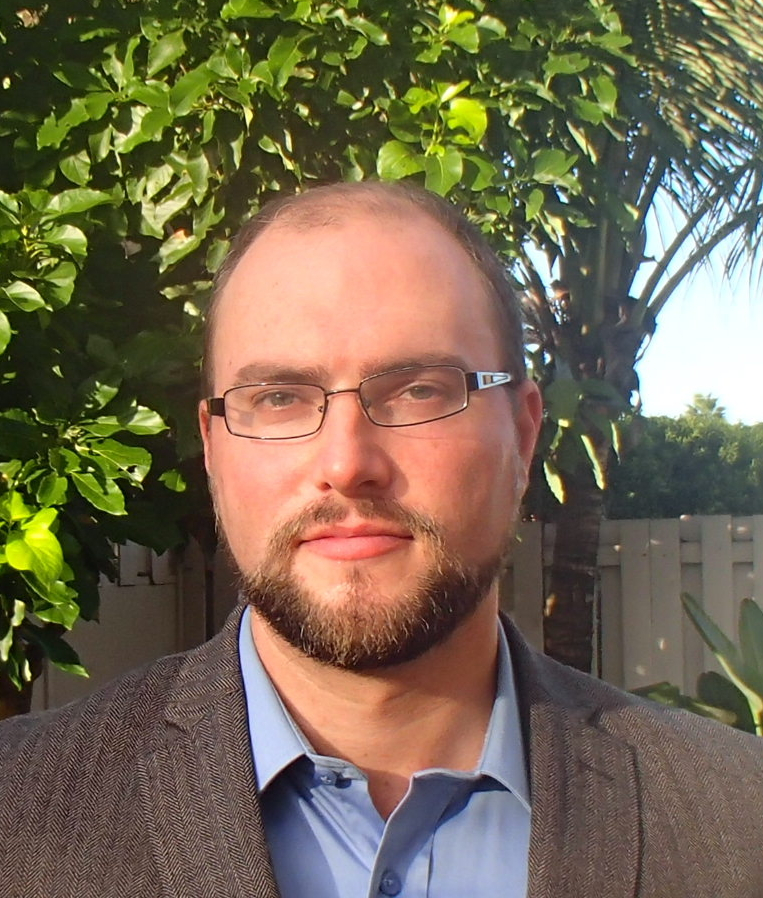|
THE SCIENCE OF CONSCIOUSNESS CONFERENCE
April 25-30, 2016 - Tucson
Pre-Conference Workshop - optional
Monday, April 25, 9 am to 1 pm
QUANTUM BIOLOGY AND NATURE OF LIFE
Stuart Kauffman, Jack A. Tuszynski, Katherine T. Peil, Travis Craddock, Anirban Bandyopadhyay, Stuart Hameroff, Dean Radin

Functional quantum effects occur in plant photosynthesis, bird navigation, and brain microtubules. As consciousness (thus far at least) occurs only in living systems, one may ask ‘What is life?’, how essential are quantum processes to its origin and evolution, and how do they relate to consciousness and the measurement problem in quantum mechanics?
What is life? Functional definitions fail to capture life’s essence, and vitalist approaches based on electromagnetism were banned from science in the 19th century. More recently Erwin Schrodinger suggested life may involve quantum coherence in periodic lattices, and Herbert Frohlich proposed oscillating biomolecular dipoles condense to unitary quantum states. Such proposals were dismissed as biology was considered too ‘warm, wet and noisy’ for seemingly delicate quantum effects to have functional traction. But in recent years plants have been shown to utilize quantum coherence in photosynthesis in warm sunlight, Frohlich coherence has been demonstrated in room temperature enzyme lattices, and quantum resonances shown in microtubules.
If quantum biology is at play in living systems, what are its implications for consciousness, evolution, cancer and developmental biology, the origin of life and the future of medicine?
Stuart Kauffman
Quantum criticality in biomolecules, poised realm between classical and quantum regimes
Jack A. Tuszynski PhD
Overview of microtubules, models of microtubule information processing, tubulin C termini dynamics, ion conductance along and through microtubules, exciton hopping, microtubule pharmacology and cancer
Katherine T. Peil
‘Quantum hedonism’ - The primacy of emotions in life, evolution and human behavior
Travis Craddock, PhD
Memory encoding in microtubules (CaMKII phosphorylation), microtubules and Alzheimers disease, conduction pathways (‘quantum channels’), tryptophan excitations, anesthetic binding.

Anirban Bandyopadhyay PhD
Nanotech stimulation and recording of multiple electron conductances
(kilohertz, megahertz and gigahertz resonances) from single microtubules
at ambient temperature, fractal frequencies, non-local coupling, neuronal
microtubule bundle dynamics and initiation of action potentials
Stuart Hameroff MD
The Penrose-Hameroff ‘Orch OR’ theory of consciousness, role of OR-mediated
feelings in the origin and evolution of life (from Primordial Soup to the human brain),
brain ultrasound (megahertz vibrational) effects on mood, mental states and cognitive function.
Dean Radin PhD
Consciousness and the double slit experiment.
How does consciousness collapse the wave function?
QUANTUM BIOLOGY AND NATURE OF LIFE
Pre-Conference Workshop - Optional
Monday, April 25, 9 am to 1 pm
Stuart Kauffman, Jack A. Tuszynski, Katherine T. Peil, Travis Craddock, Anirban Bandyopadhyay, Stuart Hameroff, Dean Radin
Optional - Pre-Conference Workshops
Workshops are held: Monday/Tuesday, April 25 - 26
Monday Morning 9-1: Monday Afternoon 2-6
Monday Evening 7-10 and Tuesday Morning 9-1
half day and evening Workshops
Early Workshop Fees:
TSC General Registrants $60 half day
TSC Student Registrants $40 half day
General Public - Workshop only $125 half day
General Public - Student - Workshop only $75 half day
|